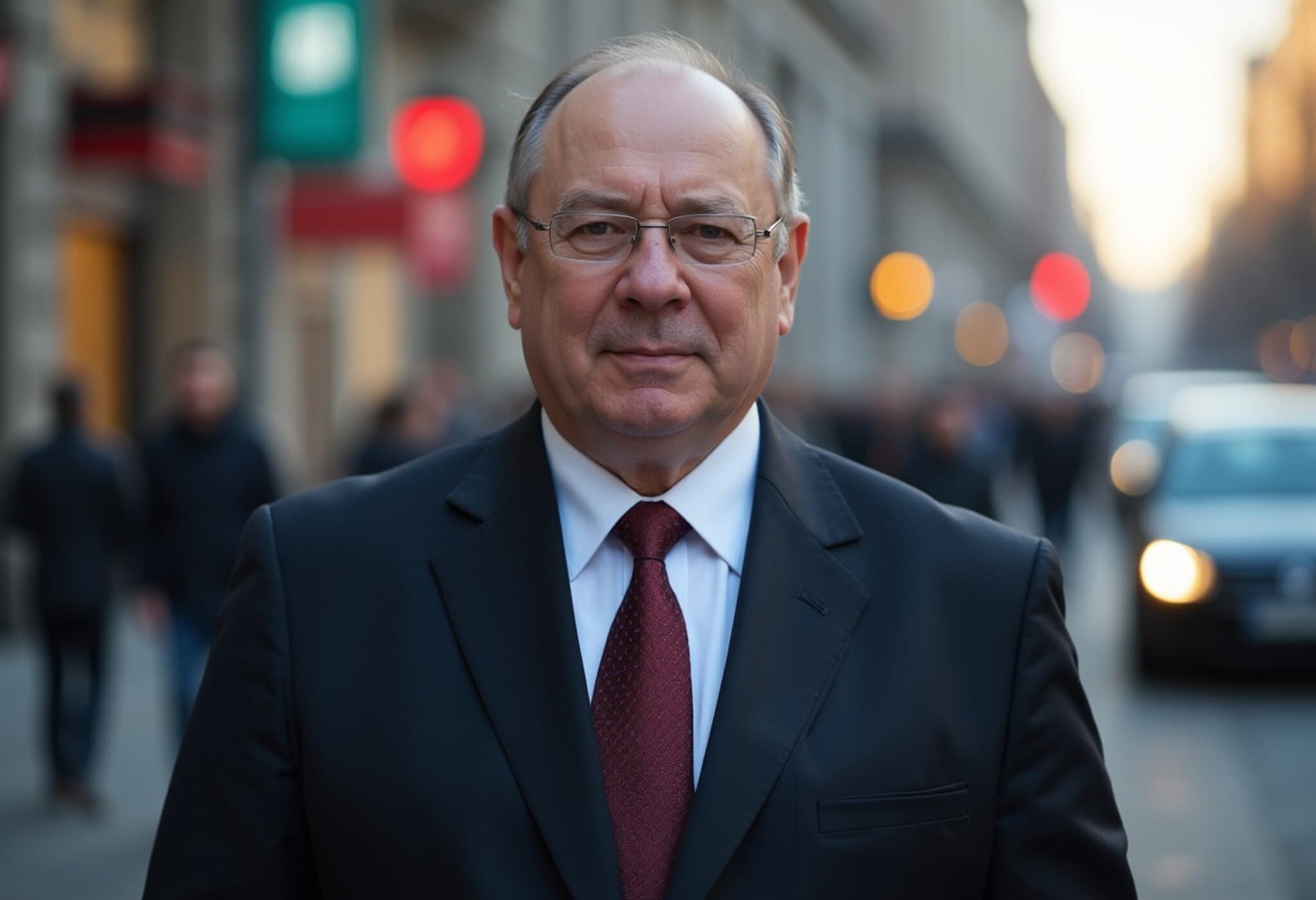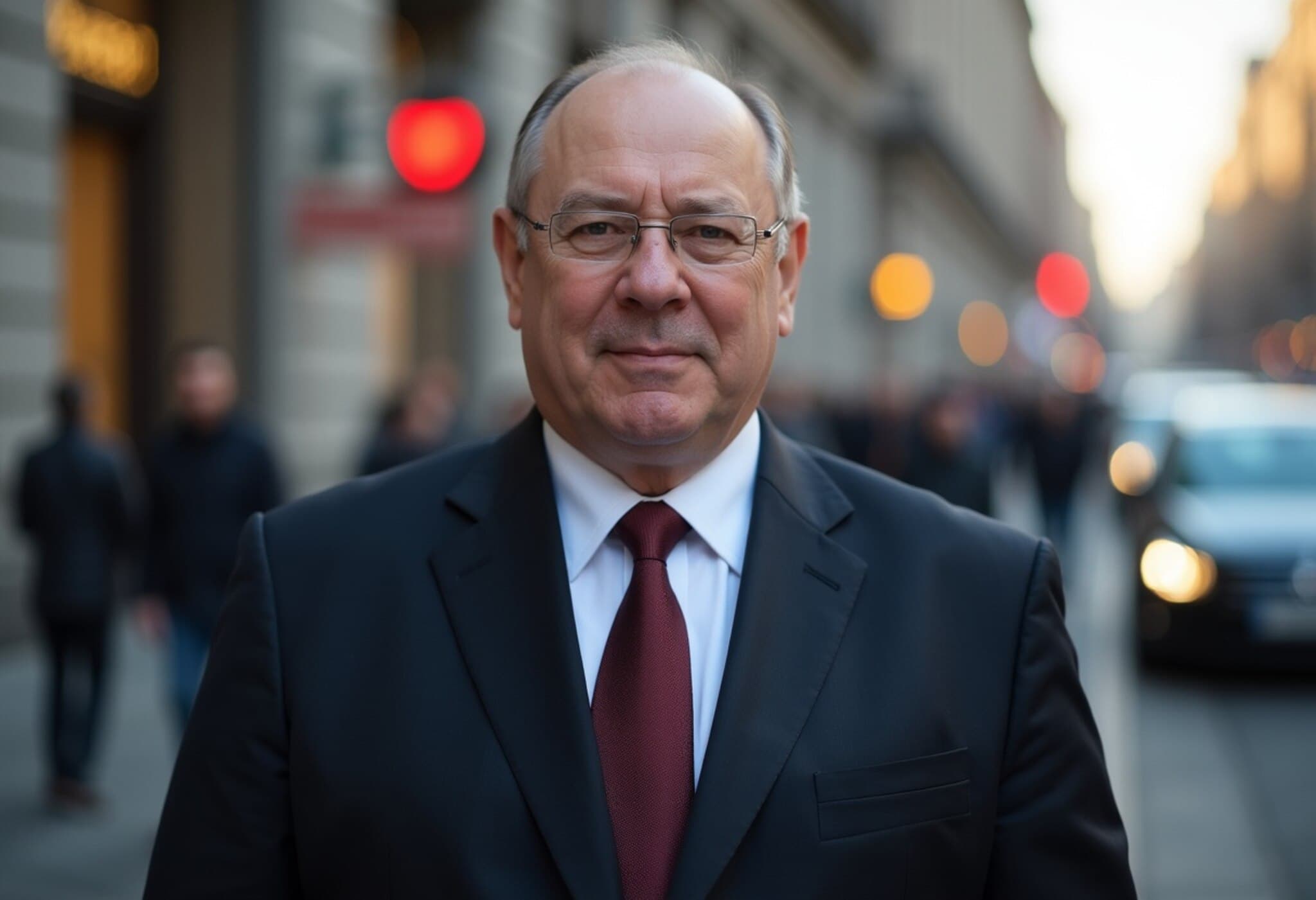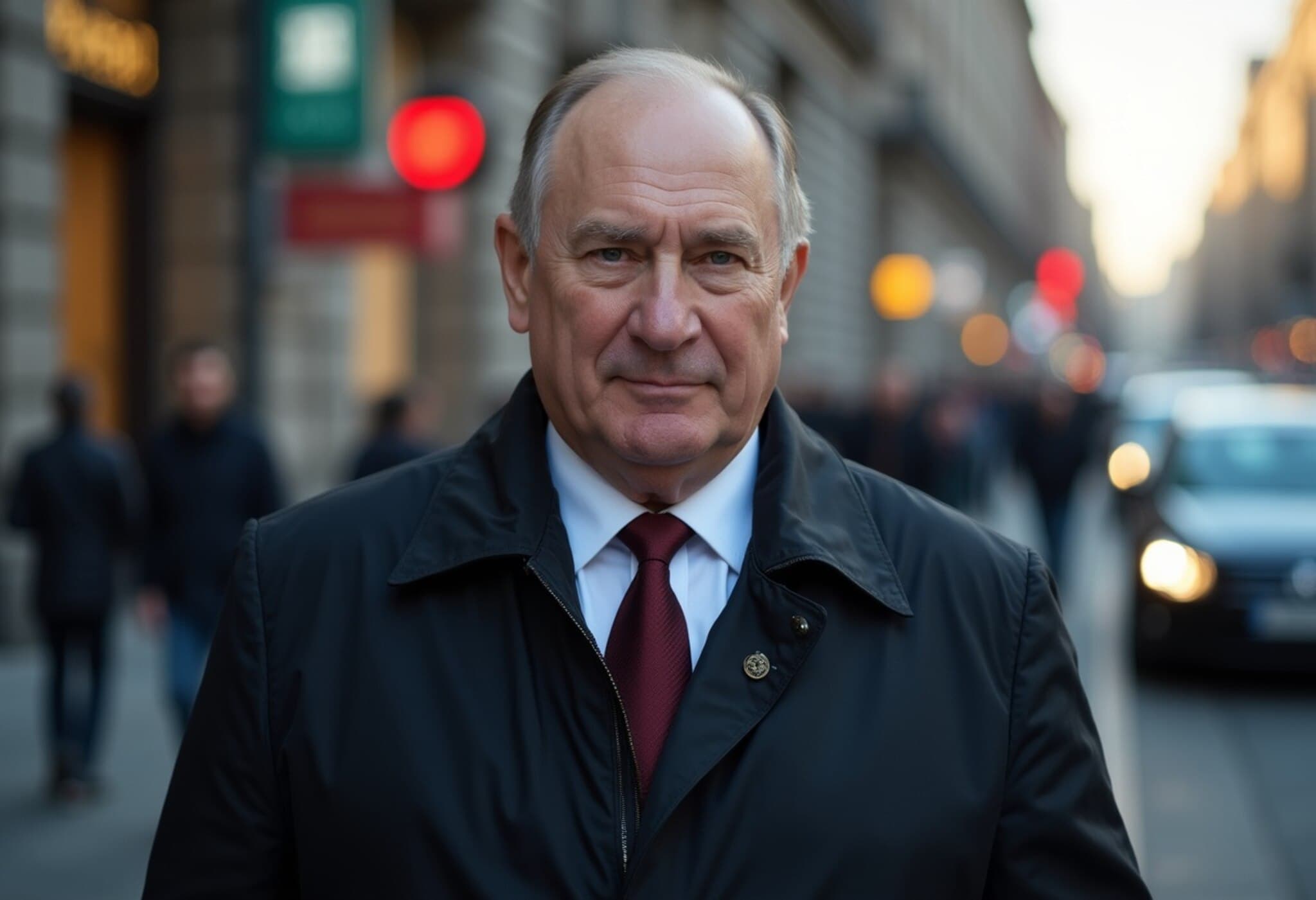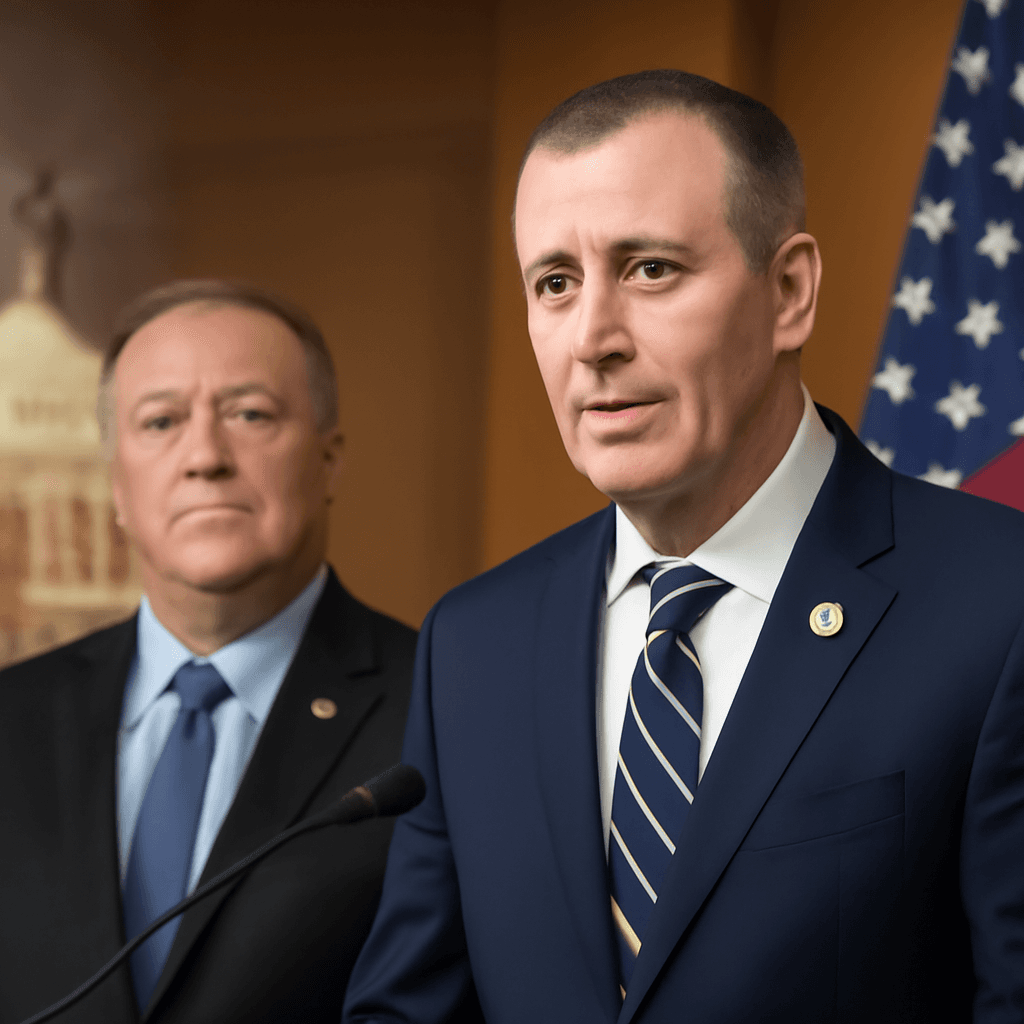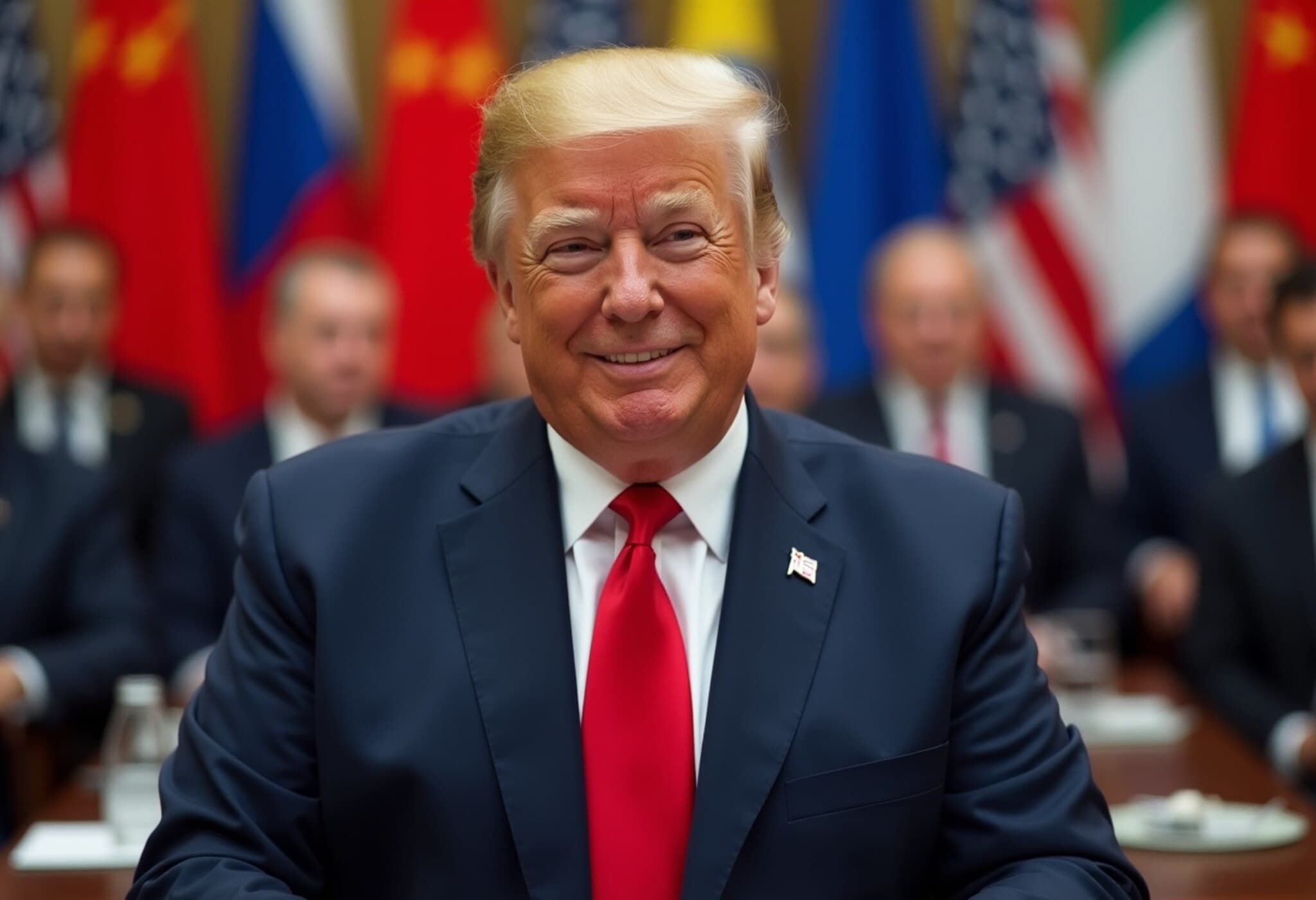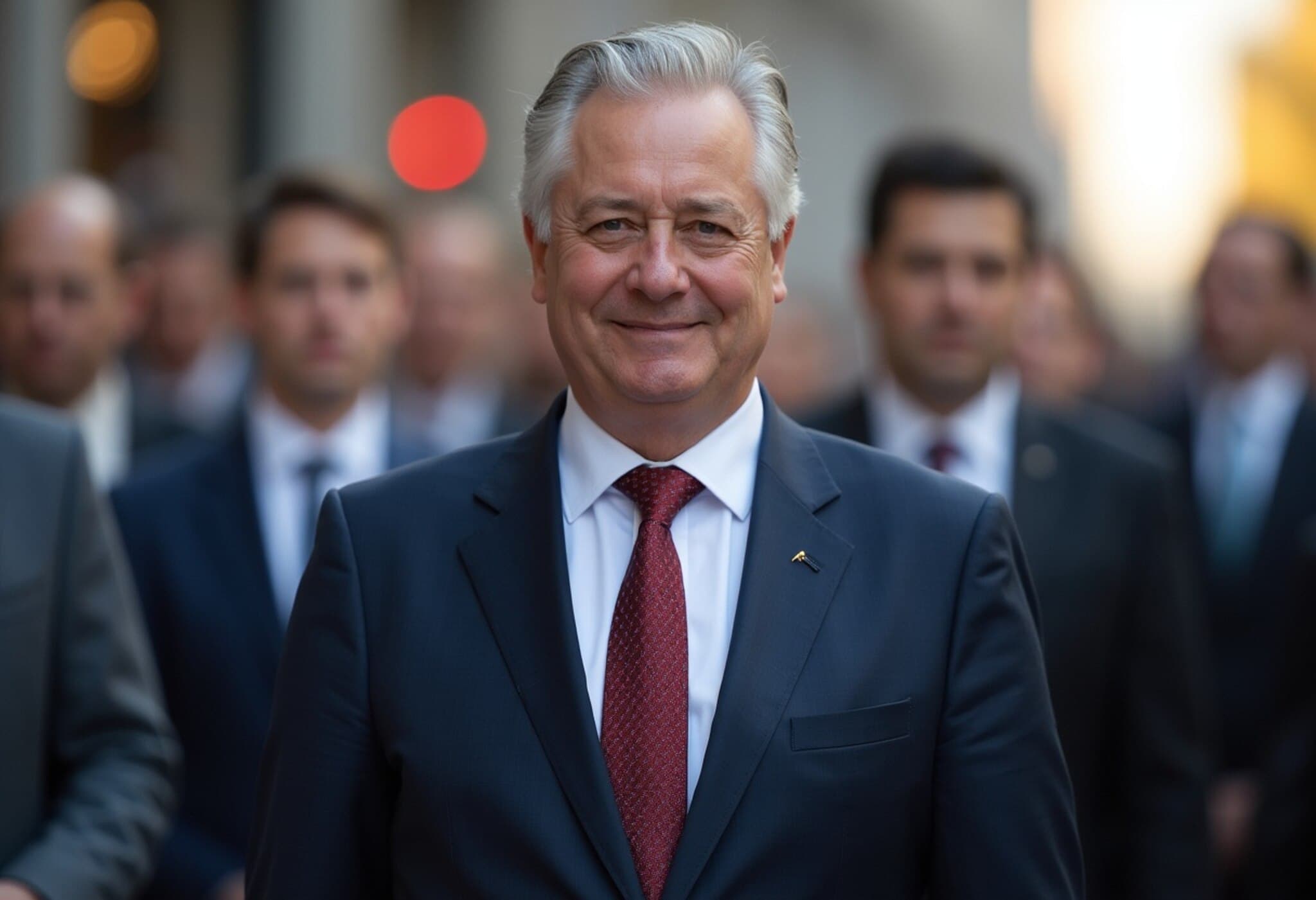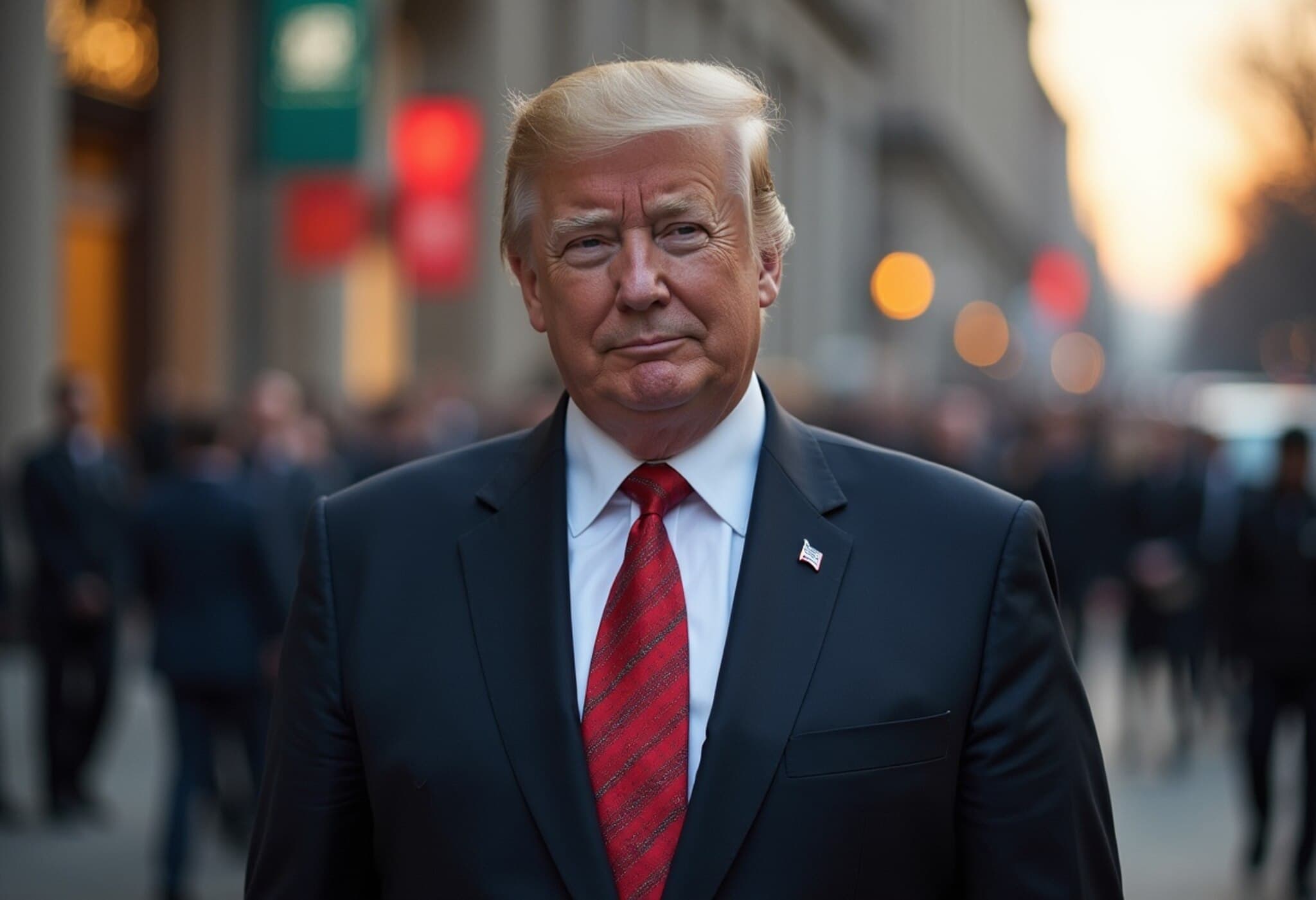Roman Starovoit Found Dead Shortly After Presidential Dismissal
Roman Starovoit, Russia’s former transport minister, was found dead in his car outside Moscow on Monday, hours after being abruptly removed from his post by President Vladimir Putin. State investigators confirmed that Starovoit died from a gunshot wound, with reports indicating a pistol believed to belong to him was recovered at the scene.
Unexplained Dismissal Amid Political and Security Turmoil
Starovoit's sudden firing came without official explanation. He had served as transport minister since May 2024, following a turbulent tenure as governor of the Kursk region—a strategic area bordering Ukraine that experienced intense conflict in 2024 amid Ukrainian cross-border incursions.
While the Kremlin declined to specify reasons for Starovoit's dismissal, speculation has linked it to investigations involving his successor as Kursk governor. Alexei Smirnov faces charges related to embezzlement of funds earmarked for border defense. Though Reuters and other outlets noted these connections, no independent verification has corroborated a direct link between the allegations and Starovoit's ousting.
Kremlin’s Stance and Broader Political Implications
Kremlin spokesperson Dmitry Peskov was reticent when asked about trust issues underpinning Starovoit’s removal, stating, "A loss of trust is mentioned if there is a loss of trust. There is no such wording in the decree." This measured response underscores the opaque nature of political reshuffles within Russia’s government, often leaving international observers to read between the lines.
Challenges in Russia’s Transport Sector
Starovoit’s exit occurs amidst considerable headwinds for Russia’s transportation infrastructure. The aviation industry grapples with severe shortages of spare parts, exacerbated by international sanctions, while Russian Railways contends with soaring borrowing costs, threatening logistical efficiency and economic stability.
New Leadership Brings a Vision for Modernization
Following the tragic events, Andrei Nikitin, former governor of the Novgorod region, was swiftly appointed acting transport minister. Photographs from a Kremlin meeting show Nikitin discussing plans to digitize transport systems and streamline cross-border goods movement—strategic priorities as Russia seeks to bolster resilience amid mounting external pressures.
According to Peskov, "Andrei Nikitin’s professional qualities and experience will best contribute to ensuring that this agency, which the president described as extremely important, fulfills its tasks and functions." Nikitin’s focus on modernization hints at a potential policy shift aimed at addressing systemic challenges within the sector.
Expert Commentary: The Human Cost of Political Uncertainty
Starovoit’s death casts a somber light on the harsh realities facing officials operating under intense political scrutiny in Russia’s volatile climate. Mental health and institutional transparency remain critical concerns as political upheavals ripple through government agencies responsible for essential public services.
Moreover, the trajectory of Russia's transport sector will be pivotal not only for domestic economic health but also for the country’s strategic posture amid geopolitical tensions. Ensuring stability and effective leadership in this arena is a pressing challenge that the new transport minister must urgently address.
Looking Ahead
This tragic episode highlights the intertwining of political dynamics and personal pressures within the corridors of power. As Russia navigates sanctions, regional conflicts, and critical infrastructure demands, the human stories behind policy decisions offer essential context often overshadowed by geopolitical headlines.
What’s Next?
- Will the investigation into Starovoit's death reveal further political repercussions?
- Can Nikitin successfully implement modernization efforts amid fiscal and geopolitical constraints?
- How will Russia’s transport challenges affect its broader economic and security objectives?
Editor’s Note
The untimely death of Roman Starovoit underscores the immense pressures faced by public officials in volatile political landscapes. Beyond the headlines, this incident invites reflection on the intersection of governance, mental health, and institutional accountability in contemporary Russia. As sanctions and conflict strain the nation’s infrastructure, the new leadership in the transport ministry faces a daunting task: restoring stability and confidence in a sector vital to Russia’s future. Readers are encouraged to consider the broader human and systemic factors shaping such developments.

